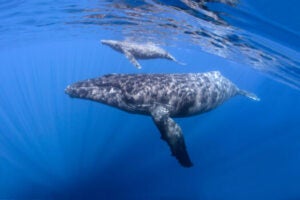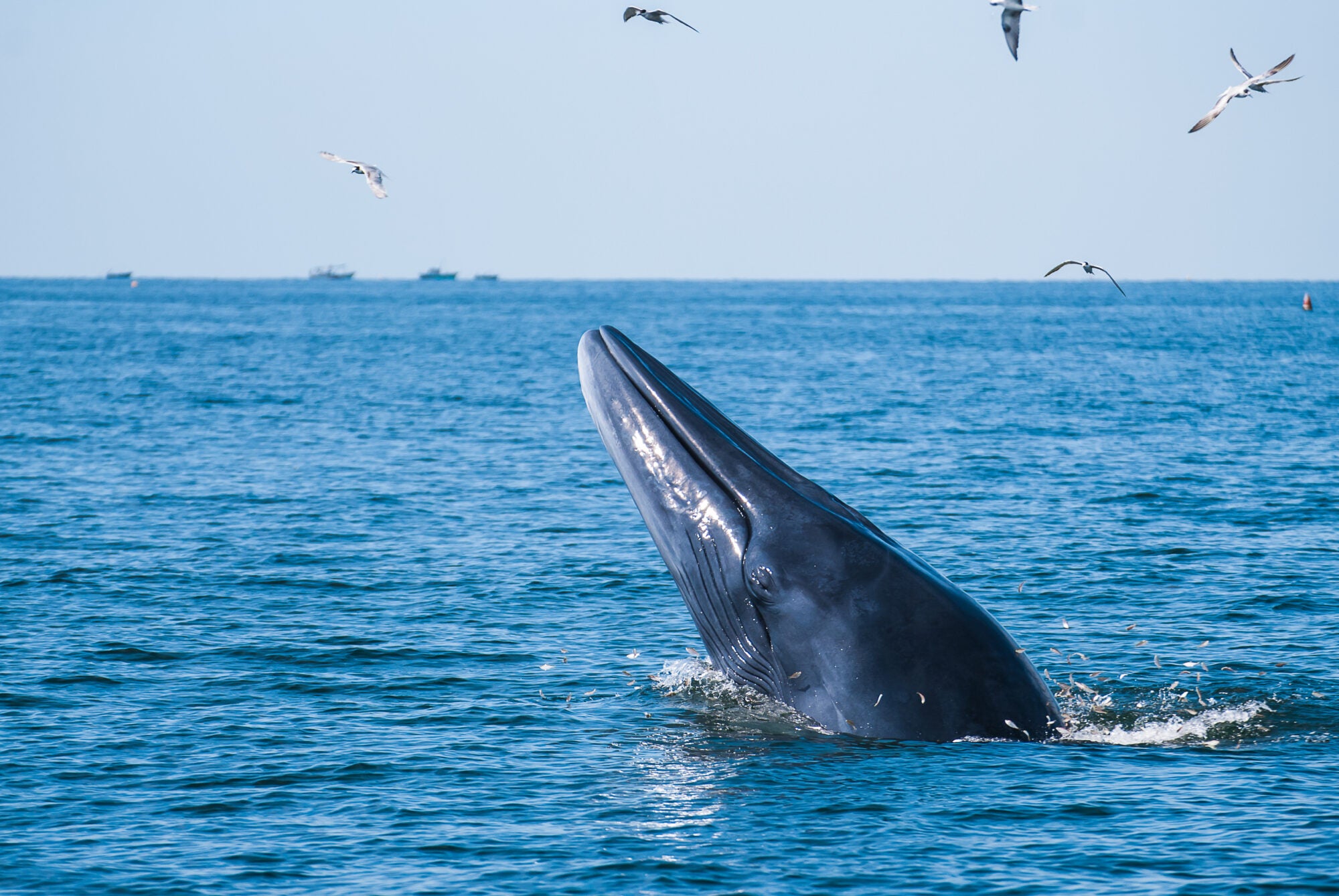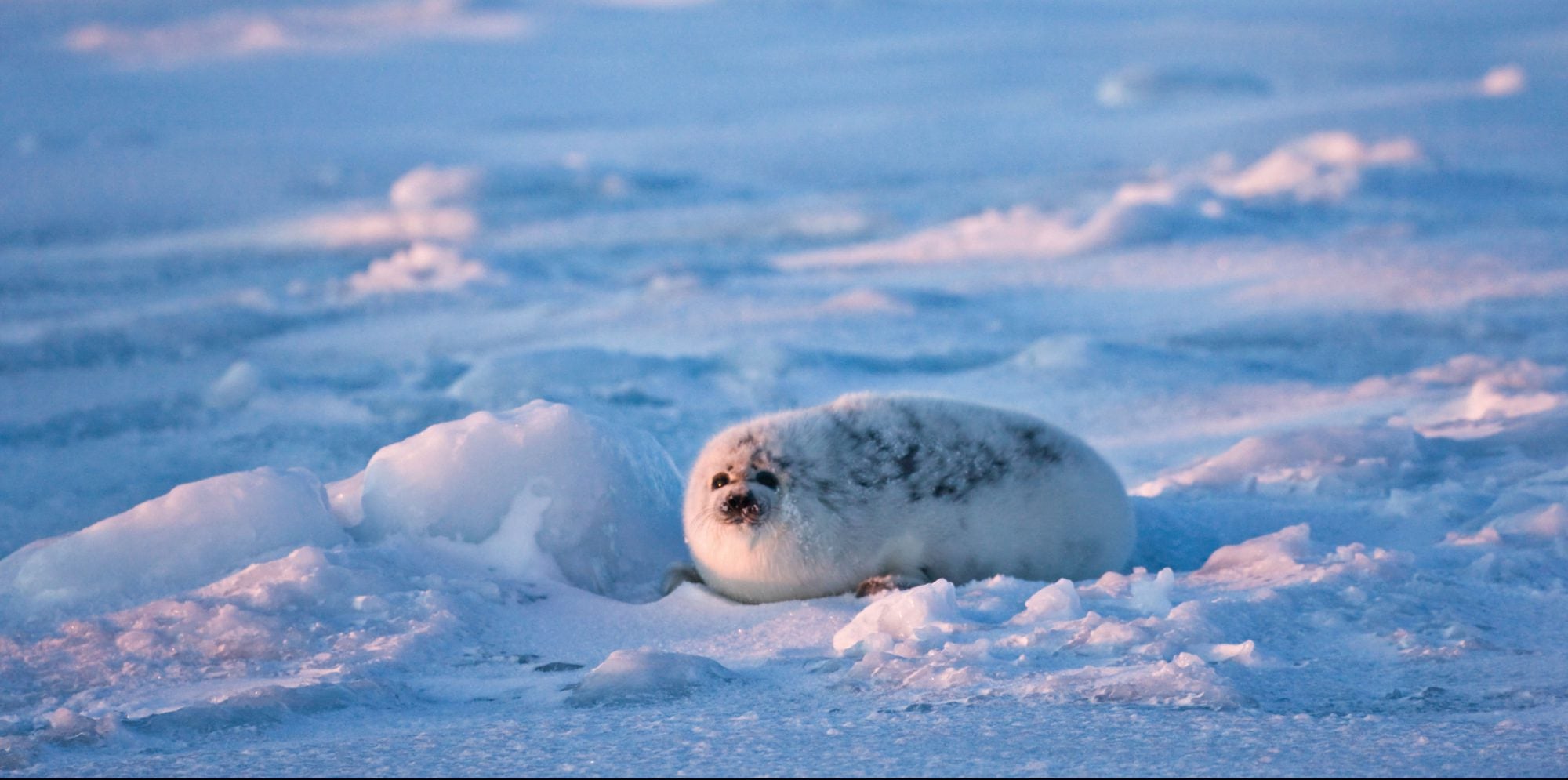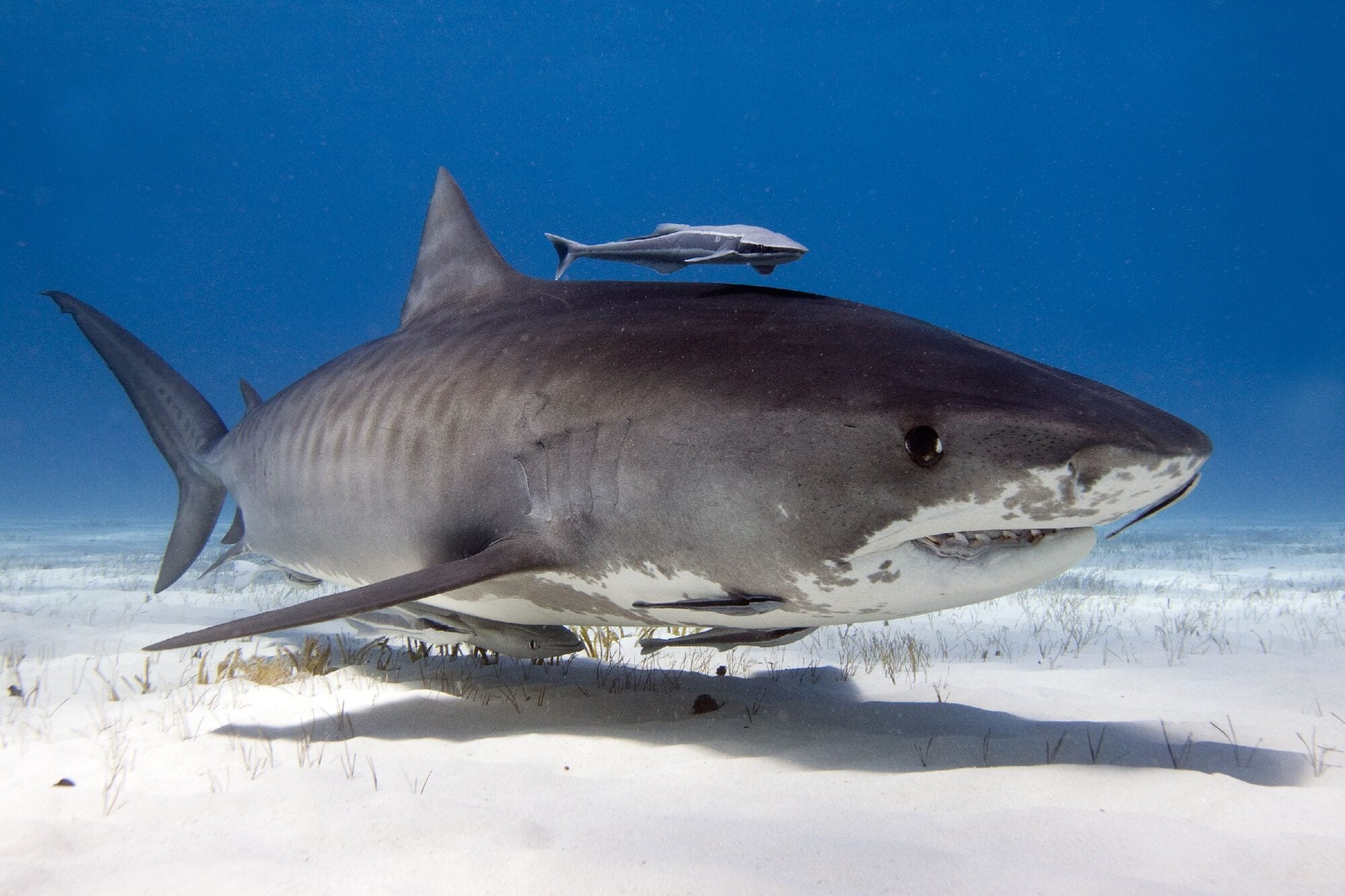
PORTOROŽ, Slovenia—Nations gathered at the 68th International Whaling Commission meeting in Slovenia have unanimously adopted a proposal to provide critical IWC support for international negotiations on a global plastics treaty. The treaty would tackle the serious threats to whales, dolphins and porpoises (as well as other marine animals) posed by plastics, including entanglement and ingestion, both of which can lead to injury and death. The proposal was put forward by the European Union, the United Kingdom, the United States, South Korea, Panama and India.
Dr Madison Miketa, Humane Society International’s wildlife scientist, said: “Every year thousands of cetaceans are injured or killed by marine plastic pollution, whether it’s ingestion of marine debris, accumulation of micro-plastics, or entanglement in abandoned or lost fishing gear, which is also known as ghost gear. It is prolific and can remain in the ocean for hundreds of years, resulting in untold suffering and death. Marine debris can be mistaken as prey. For example, sperm whales mistake undulating plastic in the water for squid. So it’s really good news for whales that the IWC has adopted the EU’s resolution to support international negotiations on a global plastics treaty. The IWC can be a powerful force in our fight for plastic-free oceans, which would benefit all marine life.”
Some 13 million tonnes of plastic is estimated to enter the oceans each year, affecting approximately 68% of cetacean species. There are documented cases of plastic ingestion in at least 57 out of the 90 known cetacean species (63.3%) and ingestion of plastic has been recorded in all marine turtle species, and nearly half of all surveyed seabird and marine mammal species. Individuals who are not killed directly by ingestion of or entanglement in plastics, can still suffer secondary impacts such as malnutrition, restricted mobility and reduced reproduction or growth.
HSI’s whale experts at the IWC meeting are available for interviews.
ENDS
Media contact: Wendy Higgins, Director of International Media: whiggins@hsi.org



